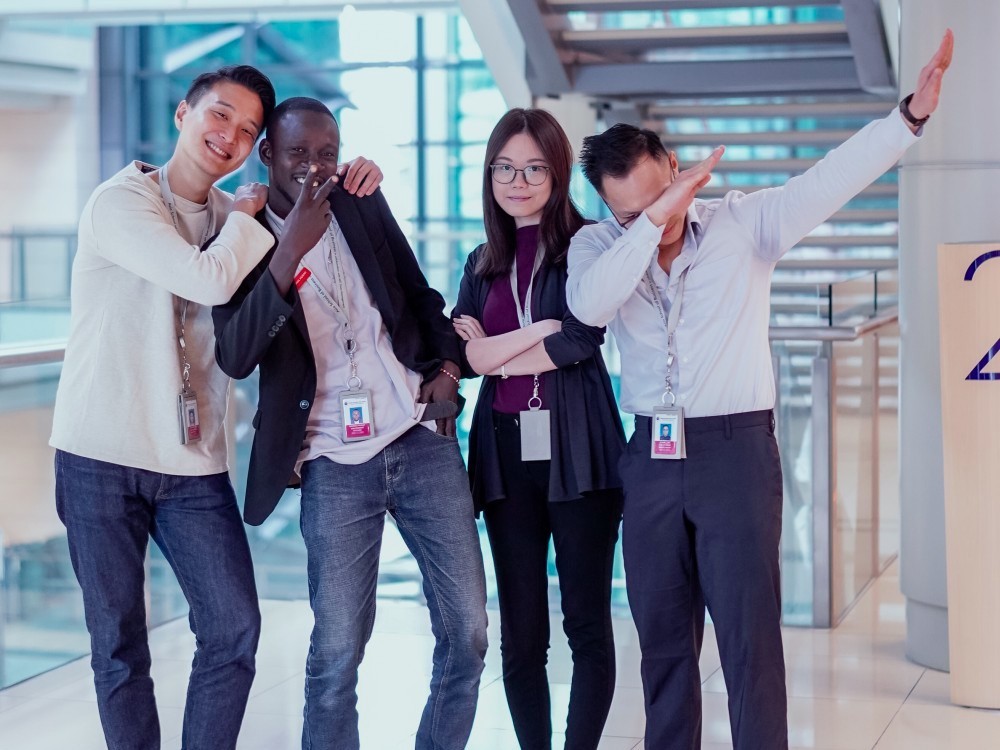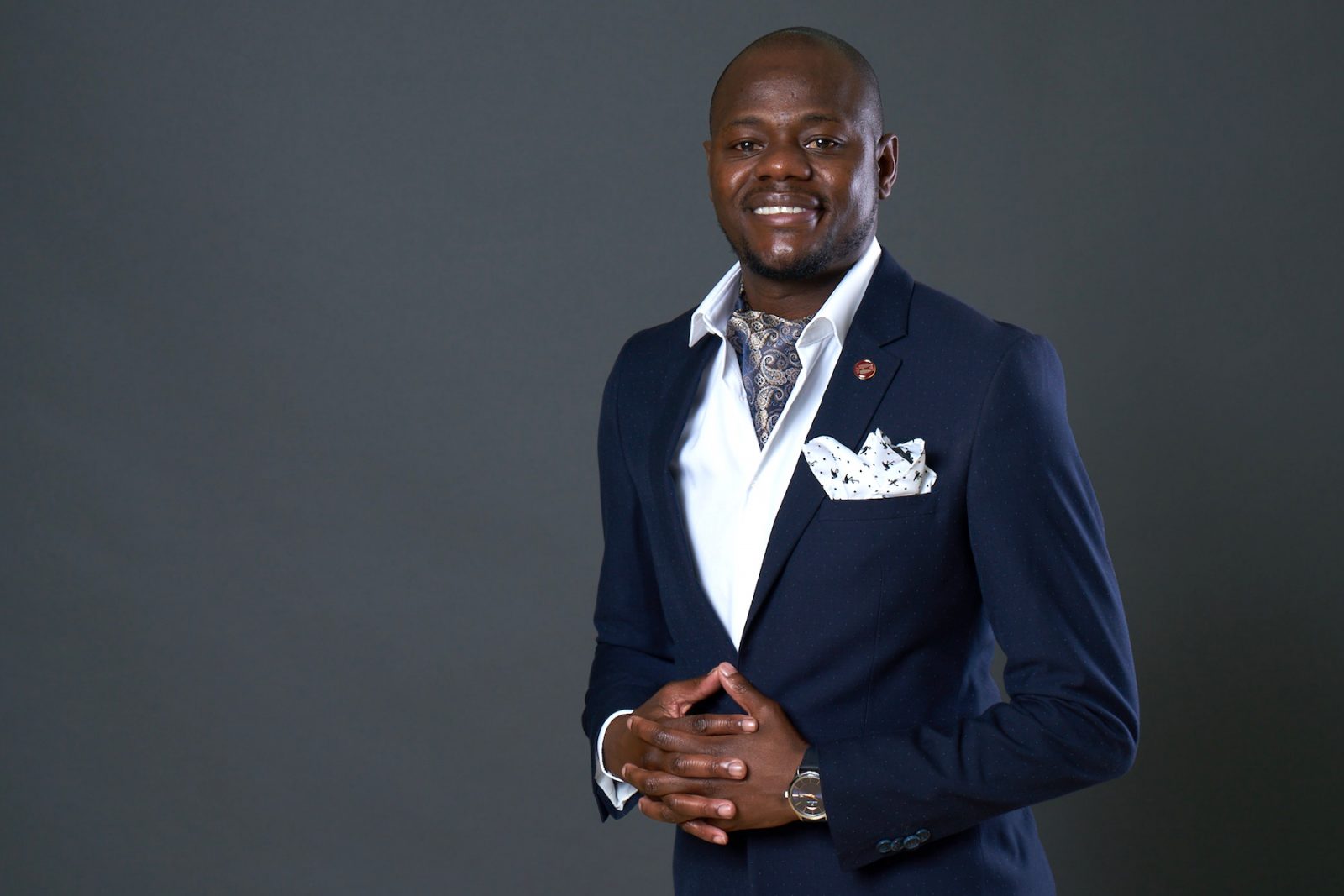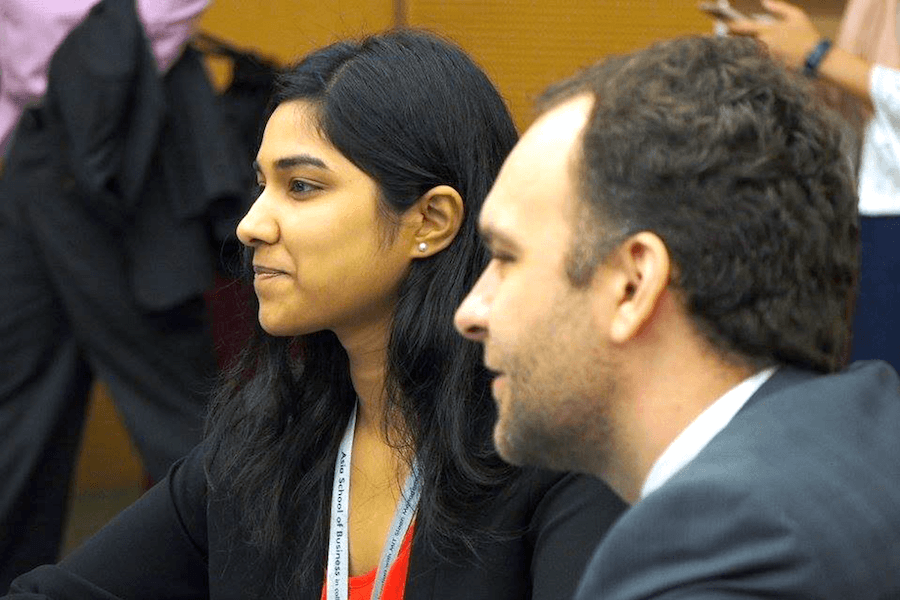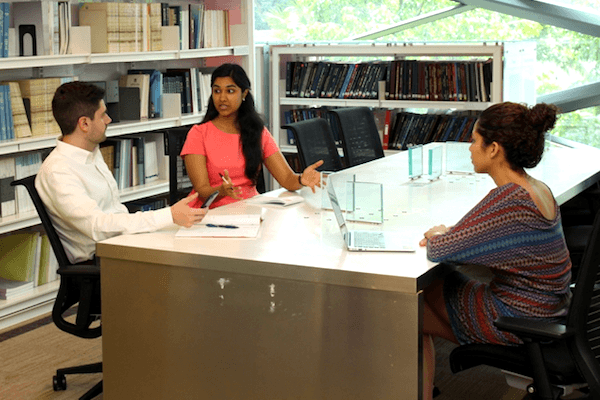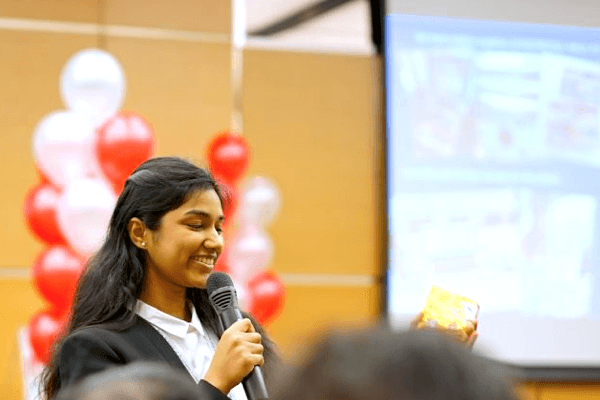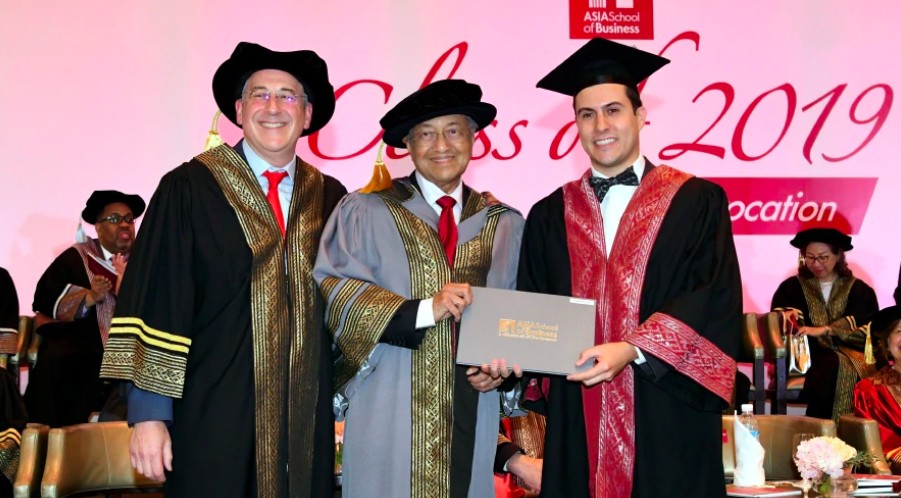As I sat in class, looking at several different faces from different countries, terrifying thoughts ran through my head. Have I made the right choice? Do I really fit in? Am I really sure that this is what I want to do? Then she walked in, aiming a beautiful smile at every one of the 36 students from 16 countries sitting in the class. She stood in front of the class, looking at us for a while, then greeted us.
“Good morning, class, my name is professor Loredana Padurean, Faculty Director of Action Learning.” Those words came to my ears with a sense of assurance, and at that point I knew why I was here and why this was the right place for me. That was my first day in class as an MBA student at the Asia School of Business (ASB) in Malaysia.
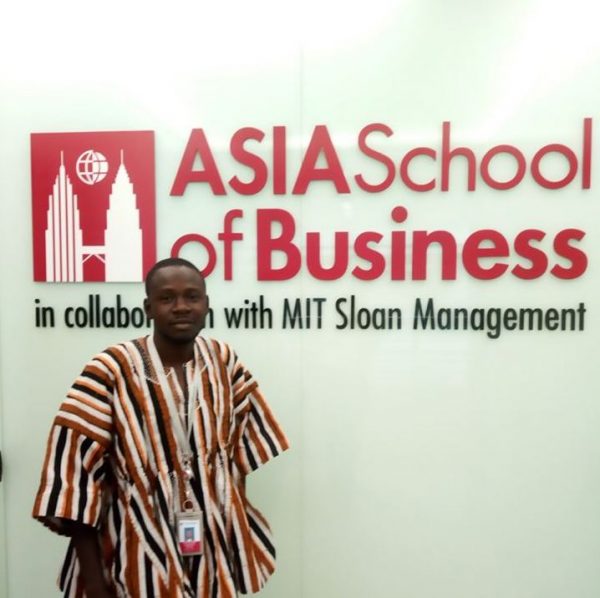
By the end of class that day, I walked out with an absolute conviction that I had made the right choice and that I was in the right place specifically designed for me. My colleagues on whose faces I had read uncertainty, doubt and unanswered questions were equally excited, walking with so much confidence radiating from their faces. Yes, there is a place for everyone and there is a place for unconventional people, I told myself.
Sometimes in life, we struggle so much to change ourselves just to fit into others’ definitions of what an ideal person is. The results are always devastation, dissatisfaction and self-hatred. We hate ourselves because of someone’s perception about us. We live a fake life just trying to please the people around us or trying to meet the standards set for us by society. How perfect are those who define these standards?
How good are those who tell us how to live our lives? How fair is it for our society to determine for us how we should live our lives? Looking back at the journey of my life so far, I found that I have struggled to maintain my identity. By establishing who I am and what I stand for, I lost a lot of friends and parted ways with loved ones and business partners. However, I am glad I held on to my values.
I am happy I lost those friends, loved ones and business partners, because it gave me the opportunity to further discover and embrace myself. Nothing is worse than losing yourself and changing yourself in order to fit someone’s definition of anything. To anyone out there who is still struggling to figure out their true identity and still living by the standards set for them by others: know that you are you.
You are not like anybody and nobody is like you. You are unique. You are special. Your life is more important than what others think about you. Don’t worry, it’s okay to be stupid, confused, or arrogant. It’s okay to not be beautiful or loving. You know why? Because nothing has meaning apart from the meaning you give to it. Define your own standards. Assign your own meaning to each action and stand by it. Very soon, you will know that there is a right place waiting for you.
I have found that there is a place for extraordinary and unconventional people. I found the right place for me and that is ASB. Thank you ASB for showing me that there are others like me and there is a place in Malaysia for us. Thank you Sean Ferguson for finding me. Thank you Loredana Padurean for inspiring us and giving us the tools to uncover ourselves. Thank you ASB for welcoming us.





